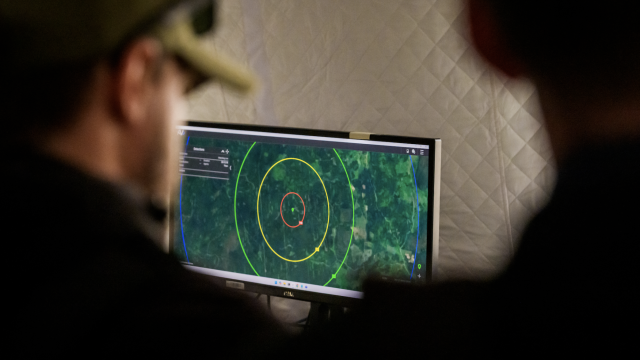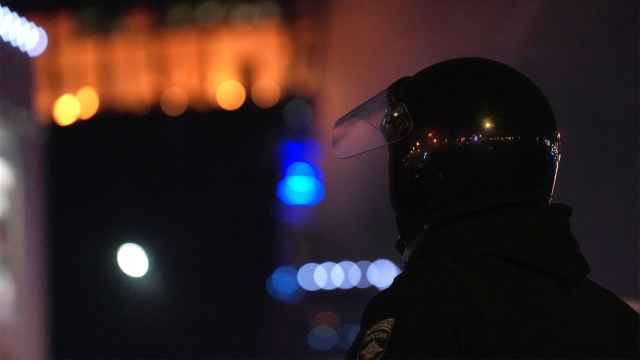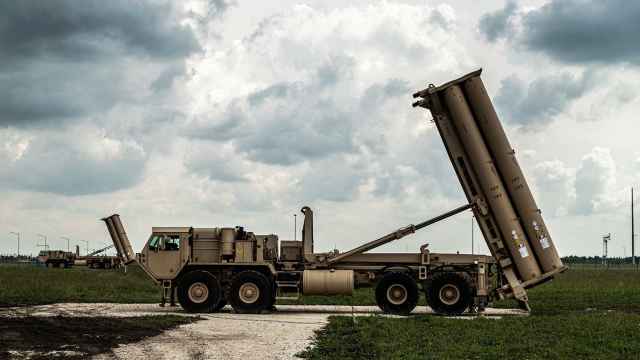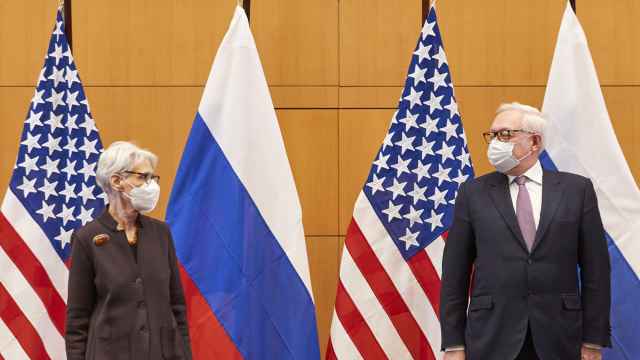Russia is still working on its written responses to the United States’ letter on Moscow’s sweeping demands for “security guarantees” in eastern Europe, Moscow said Tuesday.
The Washington Post had reported Monday, citing an unnamed U.S. official, that Moscow had submitted a written response to Washington after it and NATO rejected Russia’s demand to block Ukraine from potential membership in the U.S.-led military alliance last month.
But Russia’s Foreign Ministry on Tuesday denied that it had responded to the U.S. letter.
The Kremlin said that Moscow had delivered “different ideas” to Washington and was still working on its “main answer” to the U.S. letter, resulting in “confusion” surrounding the State Department’s comments. Putin’s spokesman Dmitry Peskov added that the president will decide on his own when to respond to the U.S. letter.
The state-run RIA Novosti news agency cited a senior diplomatic source as saying that the letter was not about the U.S. response to Moscow's security demands, but instead contained questions on NATO members' understanding of the "indivisibility of security" principle. The source said that Russia is still working on its official response to the U.S. and NATO.
U.S. State Department spokesman Ned Price said Secretary of State Antony Blinken expects to hear Russian President Vladimir Putin’s “initial reactions” to Washington’s response during Tuesday’s phone call with Russian Foreign Minister Sergei Lavrov.
“His reaction, his response is the response that matters most to us,” Price said at a press briefing Monday.
Putin told French President Emmanuel Macron last week that he will “carefully study” Western responses and “decide on further actions.” The Russian president accused U.S. and NATO of turning down his demands, which, in addition to blocking Ukraine’s aspirations to join NATO, include not deploying attack missiles near Russian borders and moving Western military infrastructure out of Eastern Europe.
Russia’s Embassy in Washington, meanwhile, issued a set of claims responding to a State Department tweet accusing Russia of threatening Ukraine with 100,000 troops on the border.
“[It] is Washington, not Moscow that generates tensions,” it said in a Facebook post early Tuesday.
“We are not going to back away and stand at attention, listening to the threats of U.S. sanctions,” the Embassy warned.
A Message from The Moscow Times:
Dear readers,
We are facing unprecedented challenges. Russia's Prosecutor General's Office has designated The Moscow Times as an "undesirable" organization, criminalizing our work and putting our staff at risk of prosecution. This follows our earlier unjust labeling as a "foreign agent."
These actions are direct attempts to silence independent journalism in Russia. The authorities claim our work "discredits the decisions of the Russian leadership." We see things differently: we strive to provide accurate, unbiased reporting on Russia.
We, the journalists of The Moscow Times, refuse to be silenced. But to continue our work, we need your help.
Your support, no matter how small, makes a world of difference. If you can, please support us monthly starting from just $2. It's quick to set up, and every contribution makes a significant impact.
By supporting The Moscow Times, you're defending open, independent journalism in the face of repression. Thank you for standing with us.
Remind me later.






